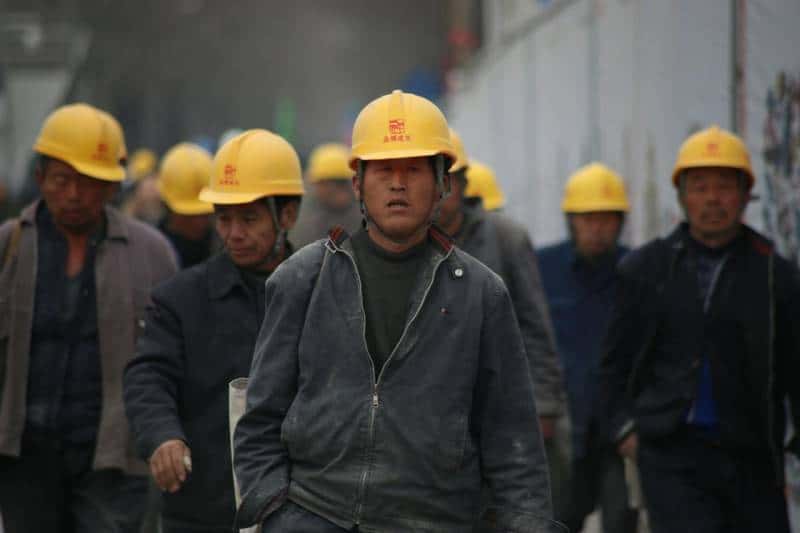TOKYO – Japan has over 3 million foreign residents for the first time which make up 2.66% of the total population as per the government data released on Wednesday.
The data shows interesting aspects of Japanese society including the fact that the number of Japanese citizens fell last year in all prefectures except Tokyo.
As per the details, Japan’s aging population saw a record-low fertility rate of 1.2 children per woman in 2023, putting pressure on the authorities to introduce more liberal visa policies to attract more foreign workers.
Foreign nationals with Japanese residency numbered 3.32 million as of Jan. 1, up by 329,535 in 2023 — an 11% increase from the previous year; the Ministry of Internal Affairs and Communications stated that this was the largest annual rise on record since 2013.
All 47 prefectures saw an increase in foreign populations in 2023, with Tokyo and Osaka recording the largest jumps. In Tokyo, foreigners accounted for almost 4.7% of the total population as of January.
Regarding nationalities, Vietnamese are the largest group of foreign residents in Japan, at around 25%, followed by Chinese and Filipinos, according to 2023 statistics from the Ministry of Health, Labor and Welfare.
Meanwhile, the population of Japanese citizens fell by 861,237 to 121.6 million in 2023, marking the 15th consecutive year of decline and the largest annual drop since the Internal Affairs Ministry’s survey began in 1968.
Interestingly, the fall in Japanese citizens outpaced the rise in foreign nationals last year, leading to an overall drop of 0.42% in the country’s total population, which stood at 124.9 million as of Jan. 1, Nikkei Asia reported.
It is to be highlighted that the government has introduced multiple measures to attract foreign workers as the economy cannot sustain without labour from offshore.
In this regard, the government launched a digital nomad visa targeting foreign professionals last year, and in March announced that it would double the cap on foreigners eligible for its skilled worker visa to 800,000 over the next five years to attract more overseas talent.
The country faces a shortage of almost one million foreign workers, 9,70,000 to be precise, in 2040 if the economic growth goals have to be realized. The estimate from a state-backed think tank revealed recently is enough to scare policymakers and citizens alike.
Though the country is progressing, Japan’s birth crisis has skyrocketed in recent years, triggering the government to launch an official dating app to help people get married and start families. The decision was taken after the country witnessed record-low birth and marriage rates. The latest data released by the Ministry of Health, Labour and Welfare showed Japan only recorded 727,277 births last year.














